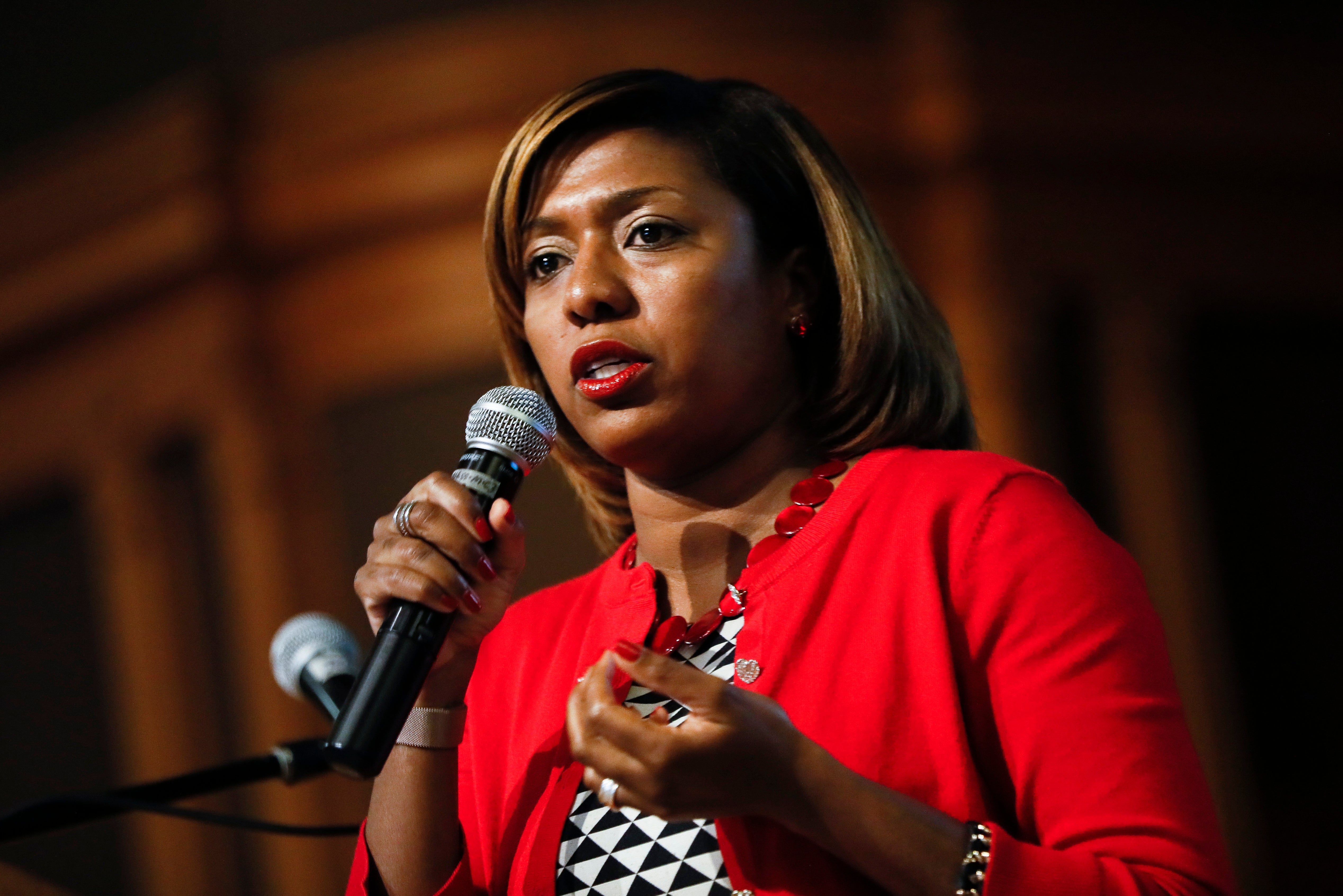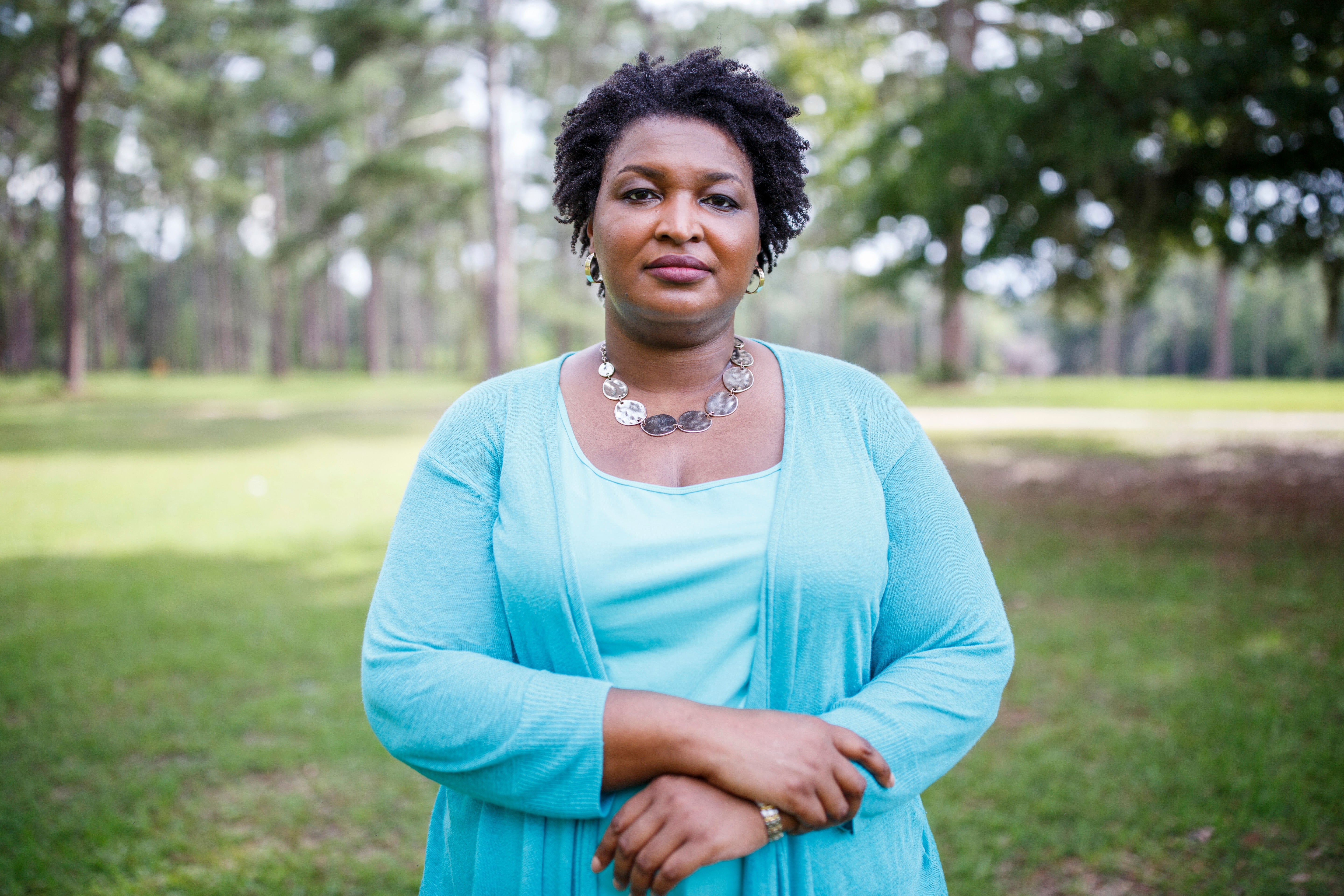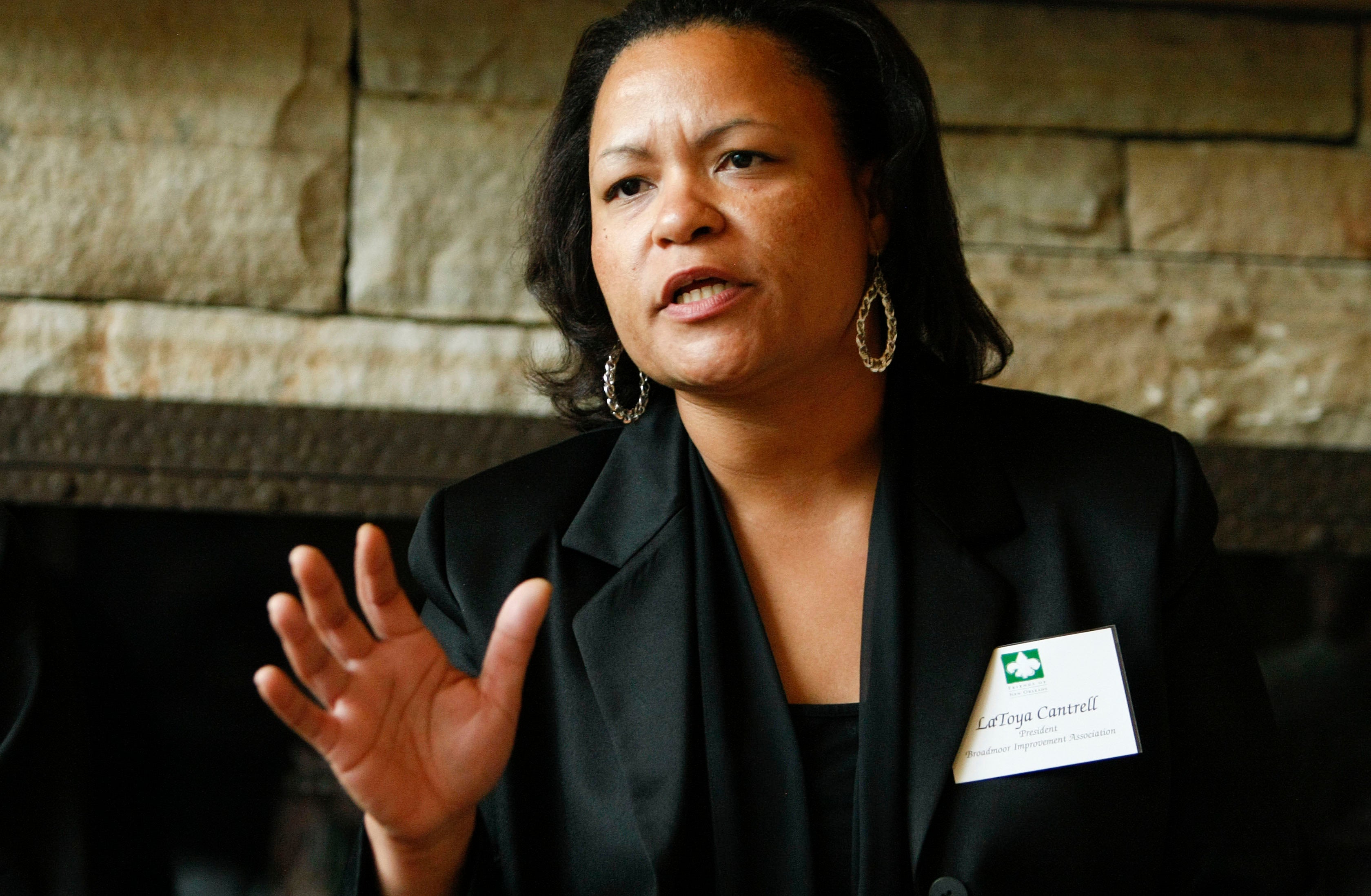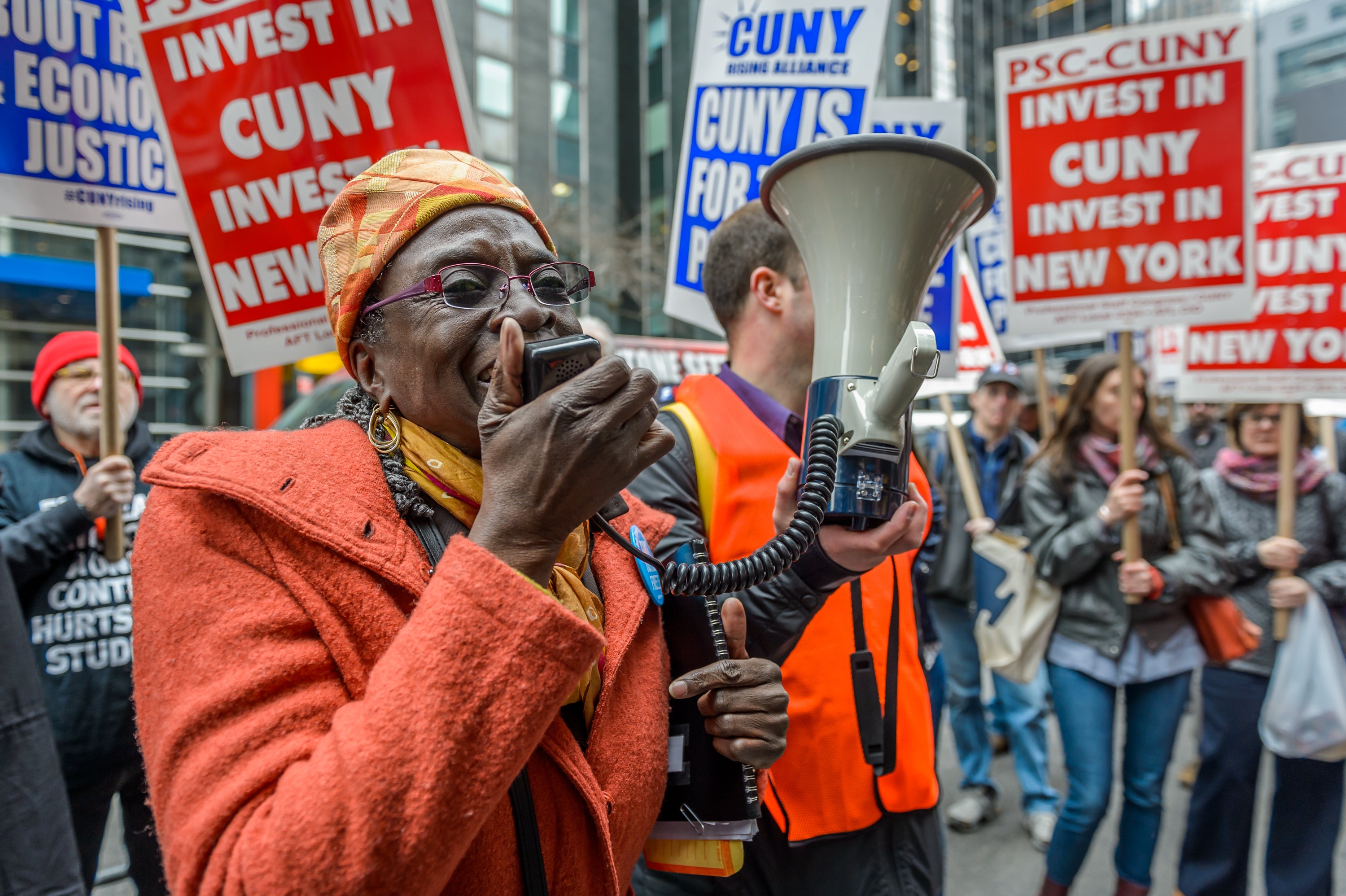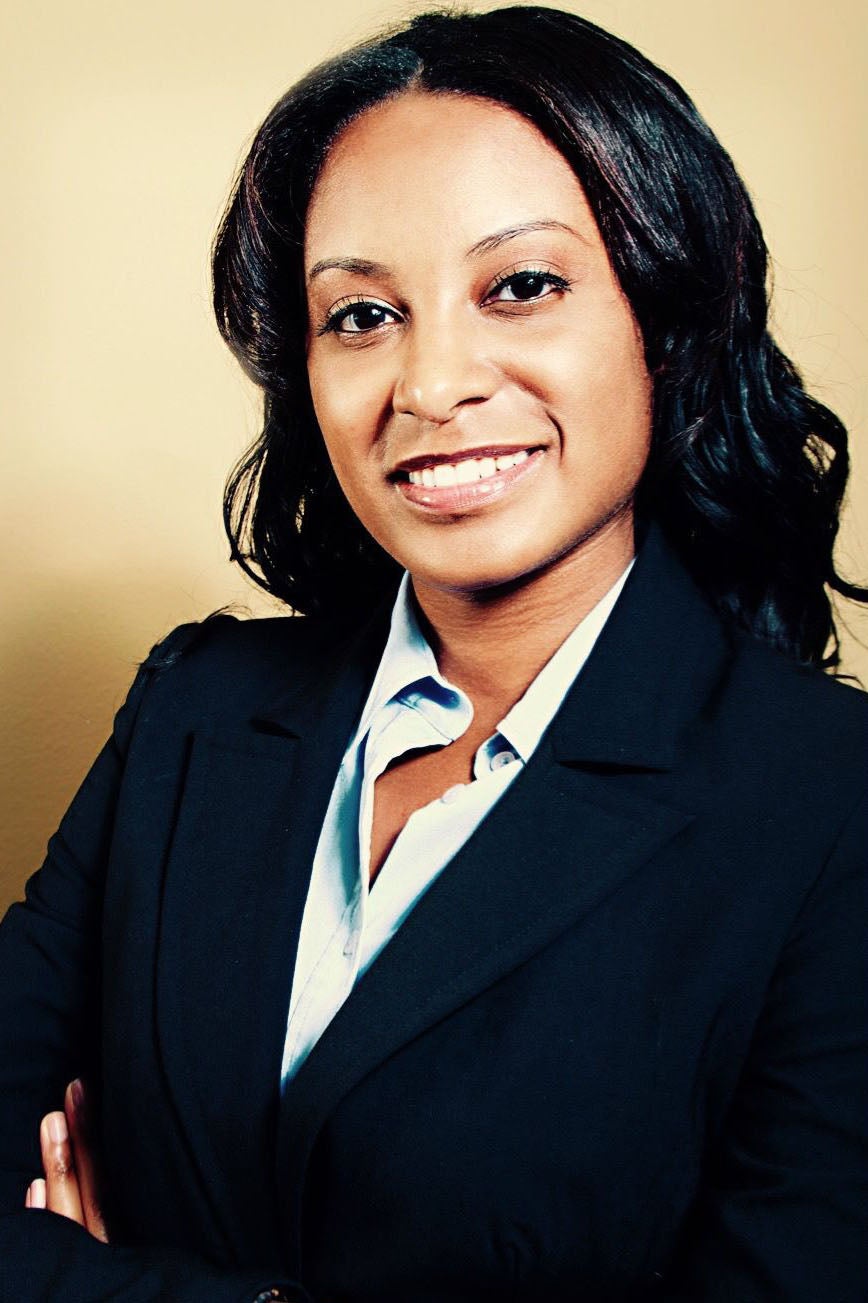Although women make up an estimated 51 percent of the U.S. population, they occupy less than 25 percent of elected offices at all levels of government in the United States.
However, a handful of Black women who are running for city and state offices are defying convention.
Some of the most impactful policy decisions —like criminal justice, housing and education— tend to be made among city and state legislators, mayors and governors. Here are five black women to watch bidding for these positions this year.
Yvette Simpson hopes to join a small group of black women who have served as mayor of a major American city. Having grown up in low-income housing in Lincoln Heights and being the first in her family to graduate from college, Simpson is accustomed to beating the odds. The employment and labor lawyer, who is also a member of the Cincinnati City Council, managed to pull an upset win over incumbent John Cranley in the city’s nonpartisan primary in May. If she is successful, she hopes to tackle the city’s economic inequalities. Other items on her agenda include improving the city’s transit system, strengthening small business, and developing a workforce that can meet modern demands in technology and advanced manufacturing.
